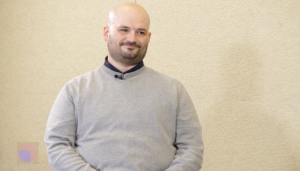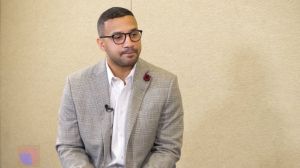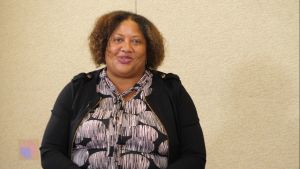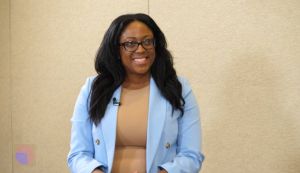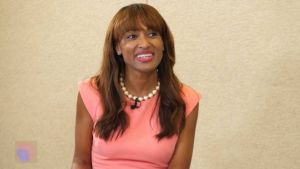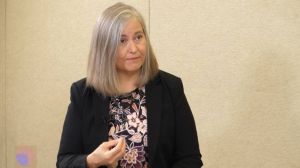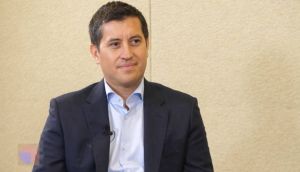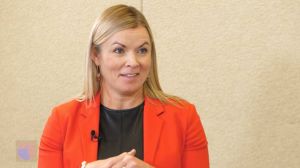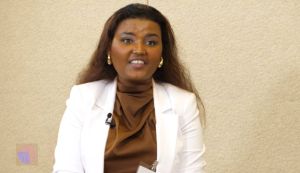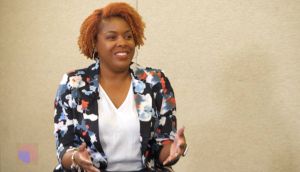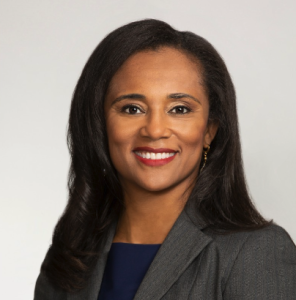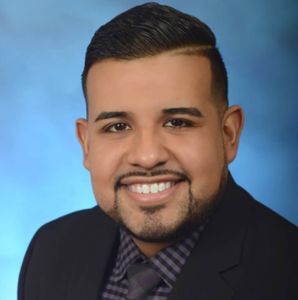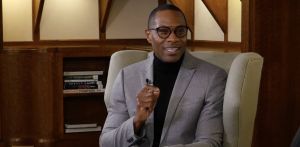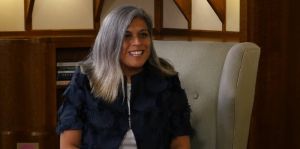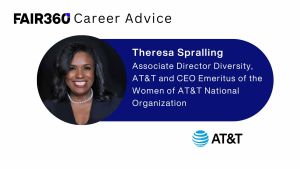Comcast’s Fred Maahs talks access to the boardroom.
Fred Maahs started his corporate career 36 years ago while working his way through college – just two years after a diving accident left him partially paralyzed.
Maahs spent 10 years building a career, without the help of the Americans with Disabilities Act (ADA). He is now the Senior Director of Community Impact, Strategic Partnerships, and Vice President of the Comcast NBCUniversal Foundation at Comcast (No. 7 on the Fair360, formerly DiversityInc Top 50 Companies list)
July 26 marked the 28th anniversary of the ADA. Maahs commented that it “did a nice job of opening minds and starting to get the wheels turning for removing physical barriers, but I would argue that the biggest barriers people with disabilities face today are attitudinal barriers.”
When asked how to respond to these obstacles, he said, “As a population, people with disabilities need to do a better job of educating the rest of the community.
“Workplace accommodations are not very expensive, most cost $500 or less and the benefit is a great employee who is dedicated to the employer and is going to do a great job.”
The most important step the disability community has to make is access to the boardroom and management positions.
Maahs offers the following advice to people with disabilities, whether interviewing for a new position or moving through the ranks:
“The person with a disability is being interviewed [which means] somebody is responding to them based on their qualifications,” he said. “If that individual is able to perform all the duties of the job, their disability should not matter.
“It is important to show and express that they can perform the job, and if there is some accommodation needed, be honest about that. Let the employer know rather than trying to skirt the issue, as most employers will respect the honesty up front rather than being caught off guard in the interview.”
Even before entering the workforce, Maahs made it a priority to improve the lives of, not just himself, but fellow people with disabilities. While at Widener University in Delaware, he advised when the university was evolving its campus accessibility.
“I helped to adapt the campus and started meeting with other students with disabilities to understand their needs for access,” Maahs said. “It opened my eyes that this was just a microcosm of the need across the country and around the world.”
With every rung of the corporate ladder he climbed, Maahs saw more opportunities to improve his community and give other people with disabilities a chance to succeed. This included working with the city of Wilmington, Del., and pushing for curb cuts and accessible buildings, as well as speaking during the 50th Anniversary of the March on Washington from the steps of the Lincoln Memorial in 2013 — 50 years after the historic speech by Dr. Martin Luther King, Jr.
Maahs established himself in the corporate world at a time when most people with disabilities longed to just live with their families and be productive members of society. America in the 1980s left most people with disabilities on the sidelines.
Less than 40 years later, however, we have gained a lot of ground, and executives like Maahs are building a path for millions.
As he puts it himself, “We need to be looking at all people as people first because, at the end of the day, everything else comes second.”


